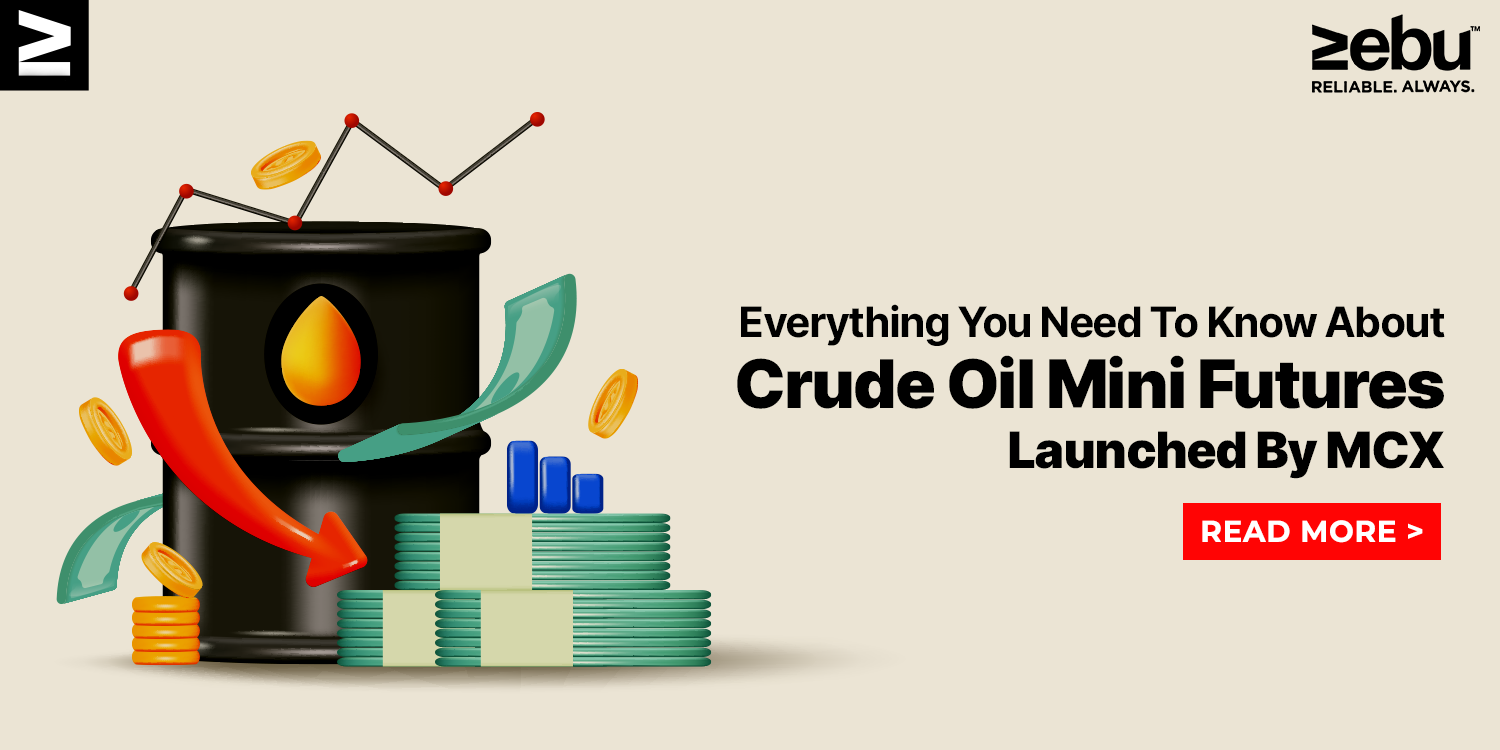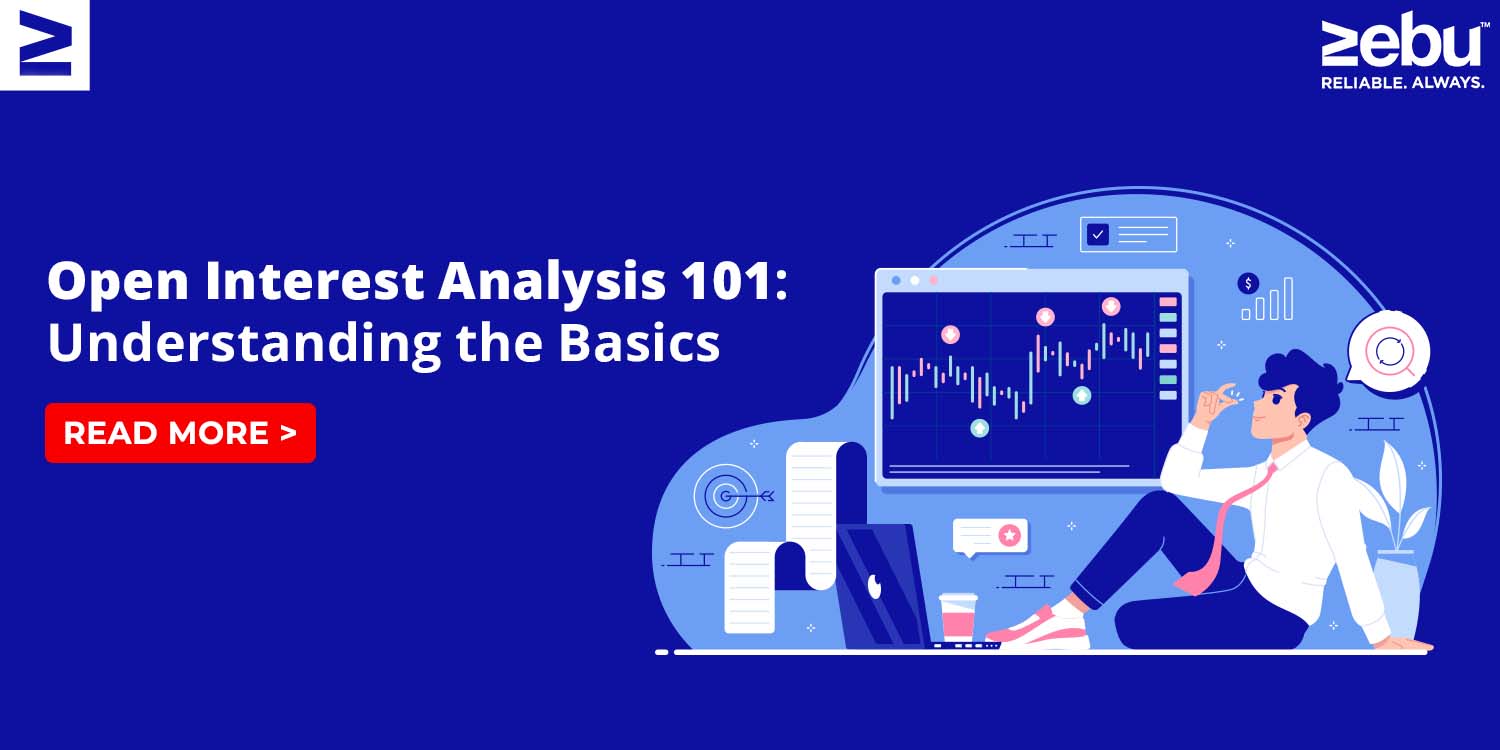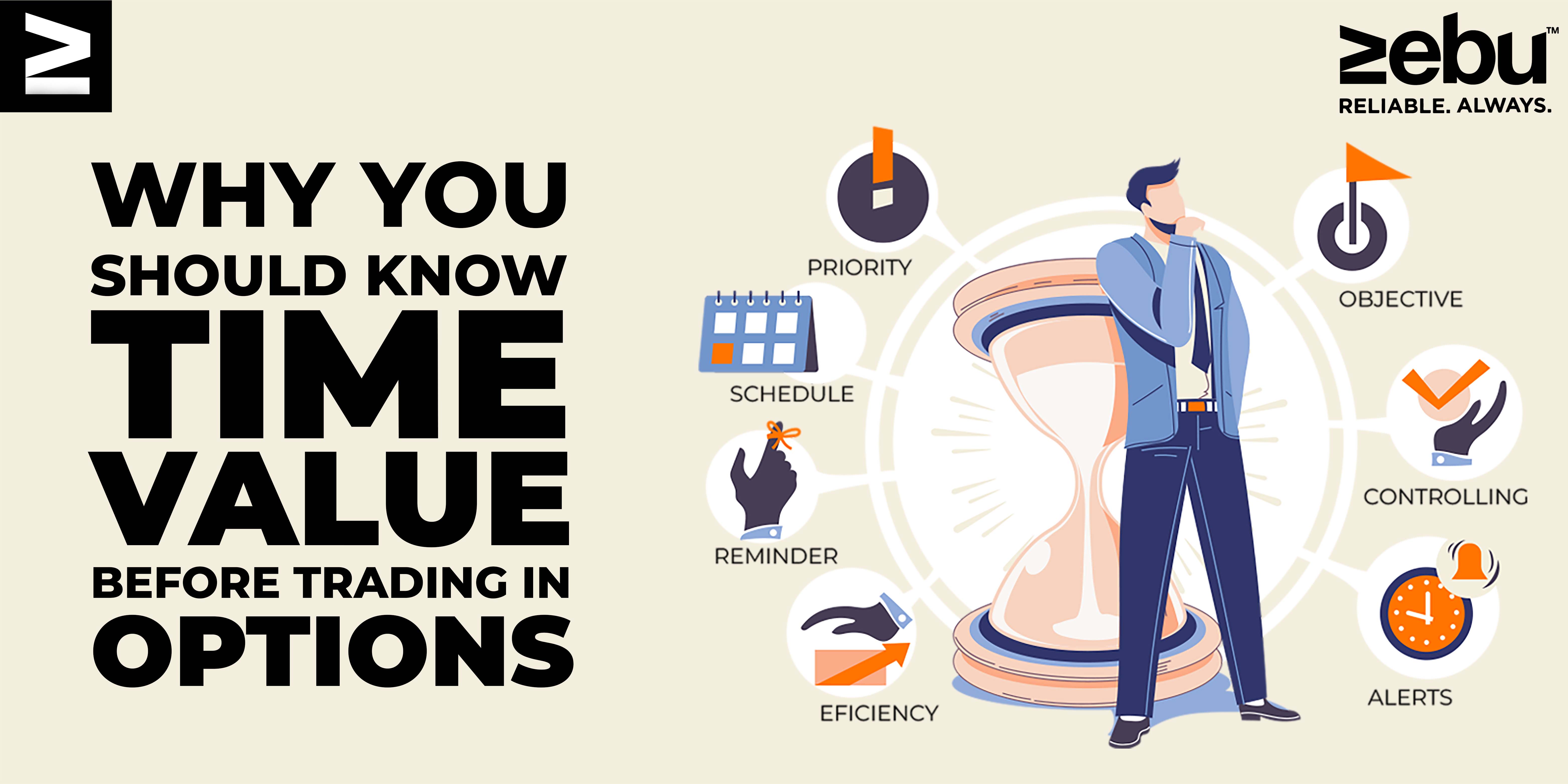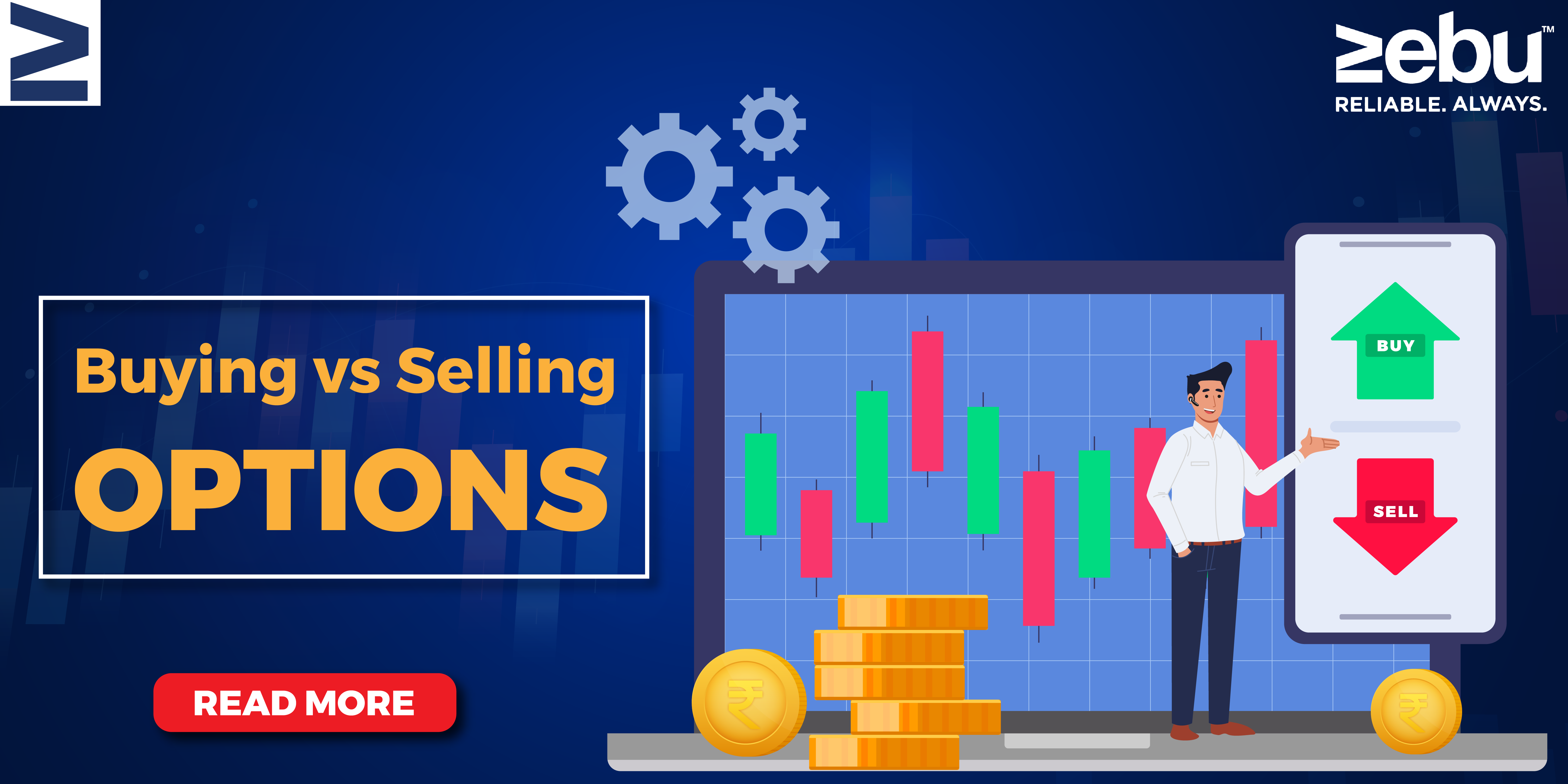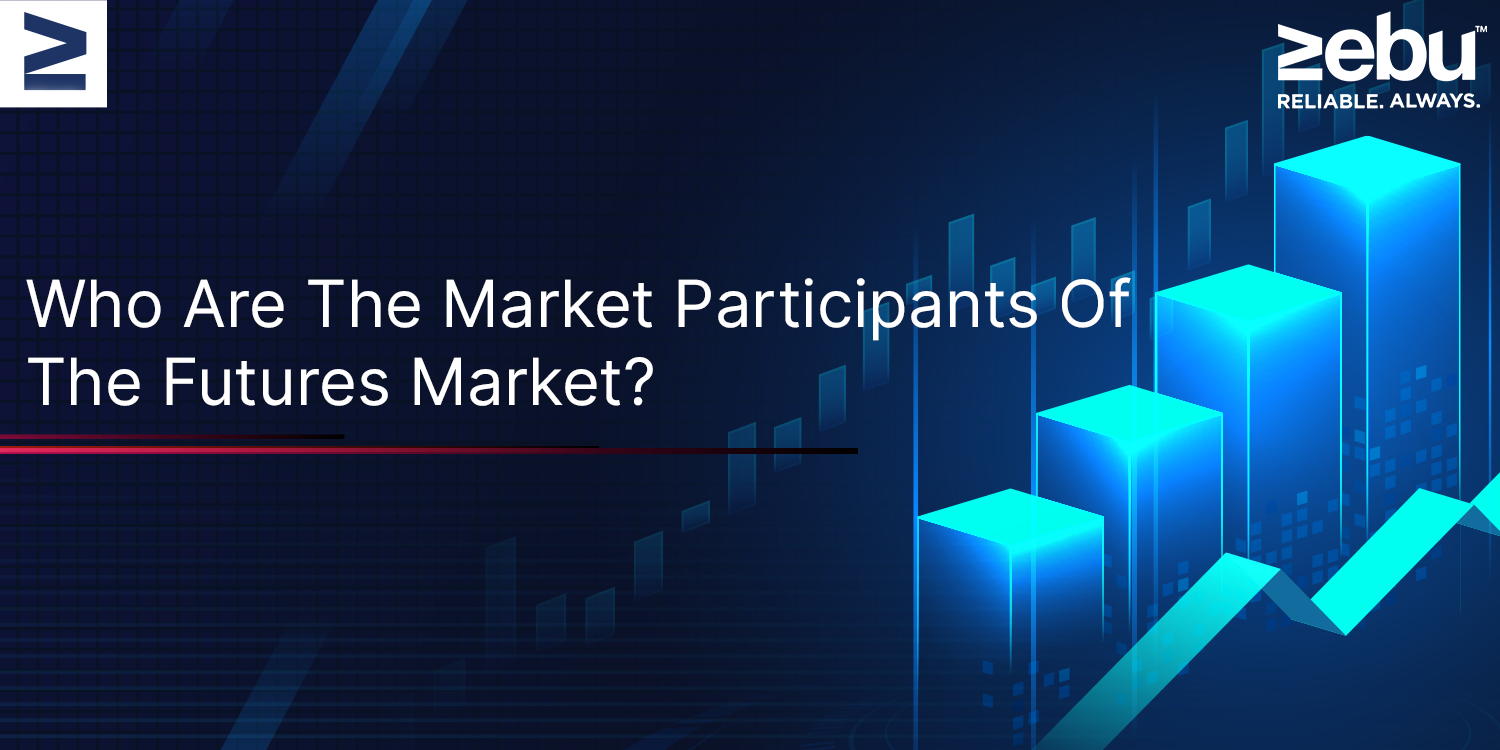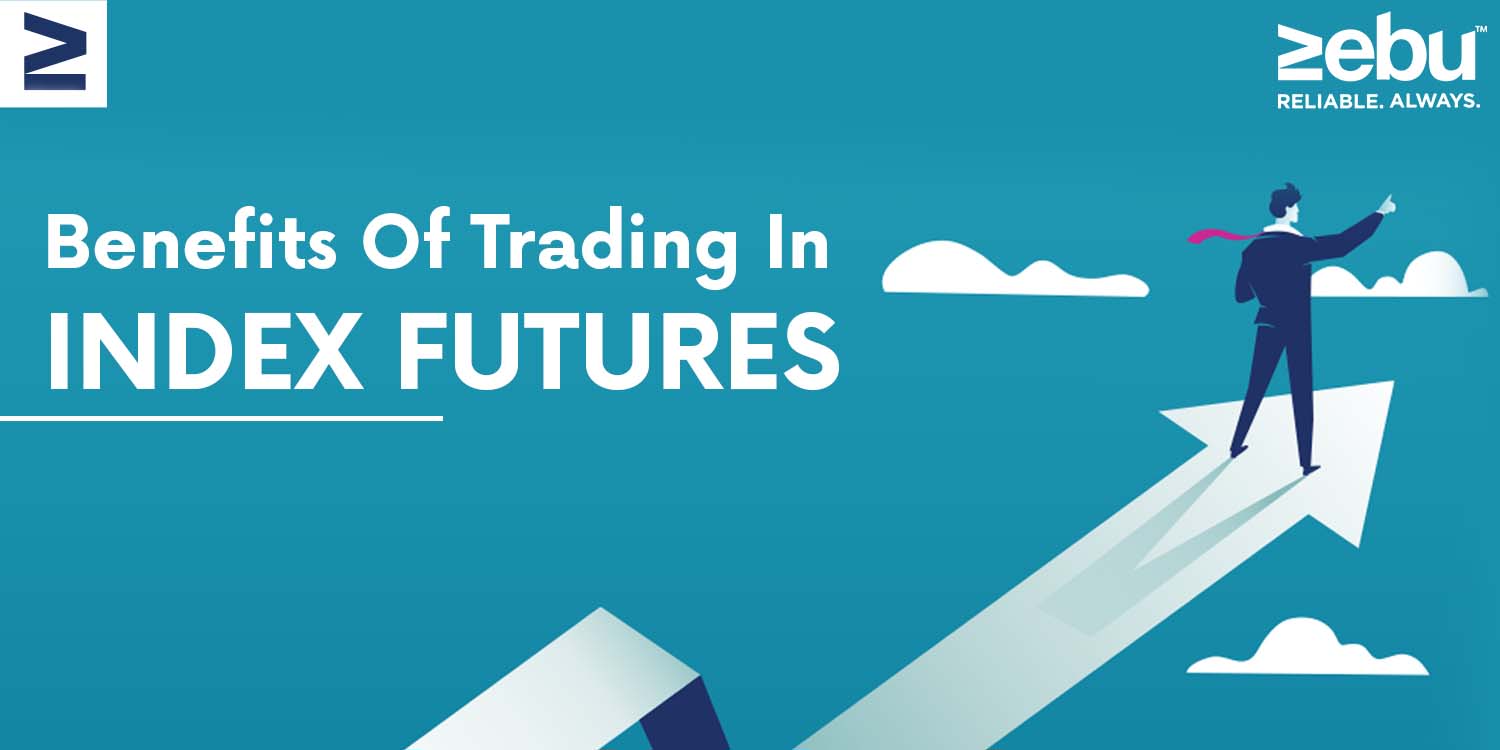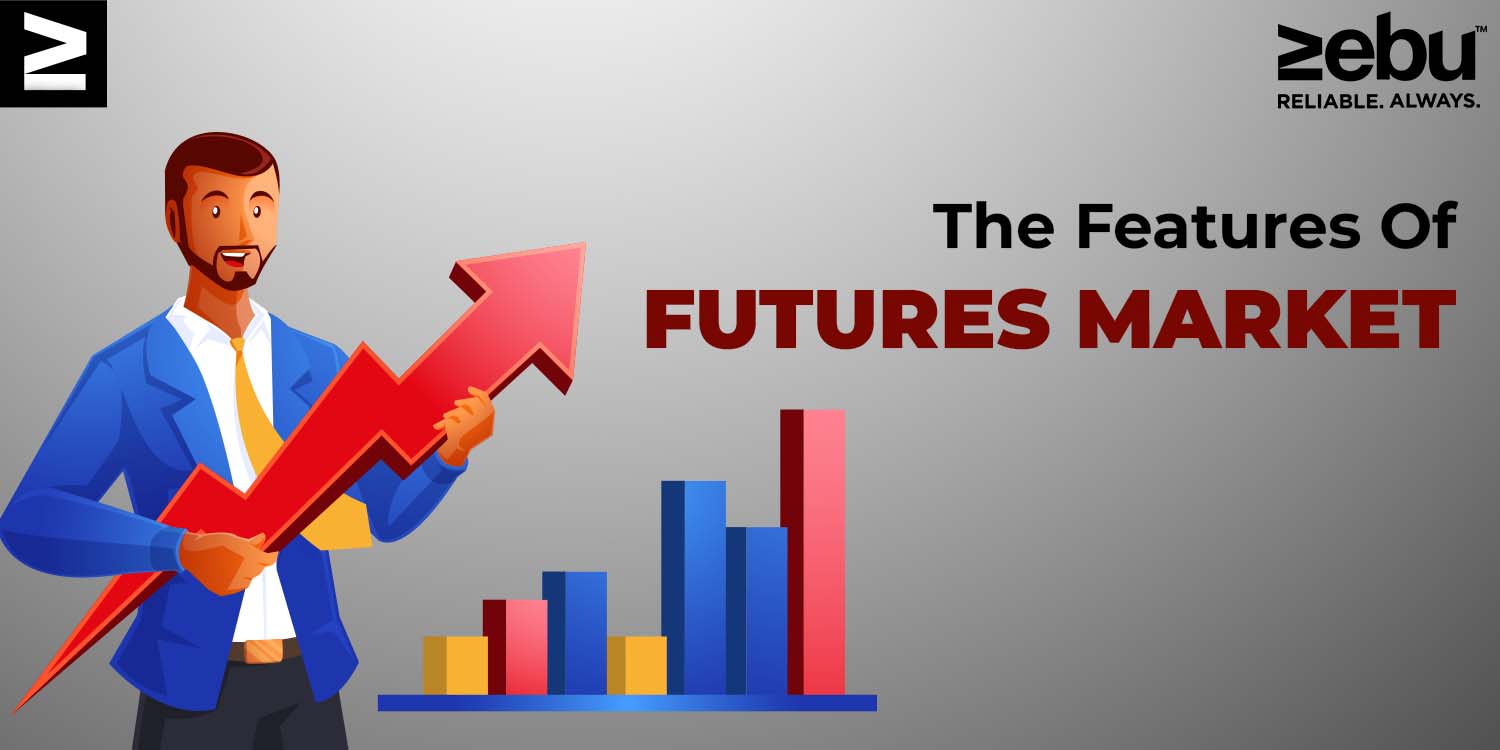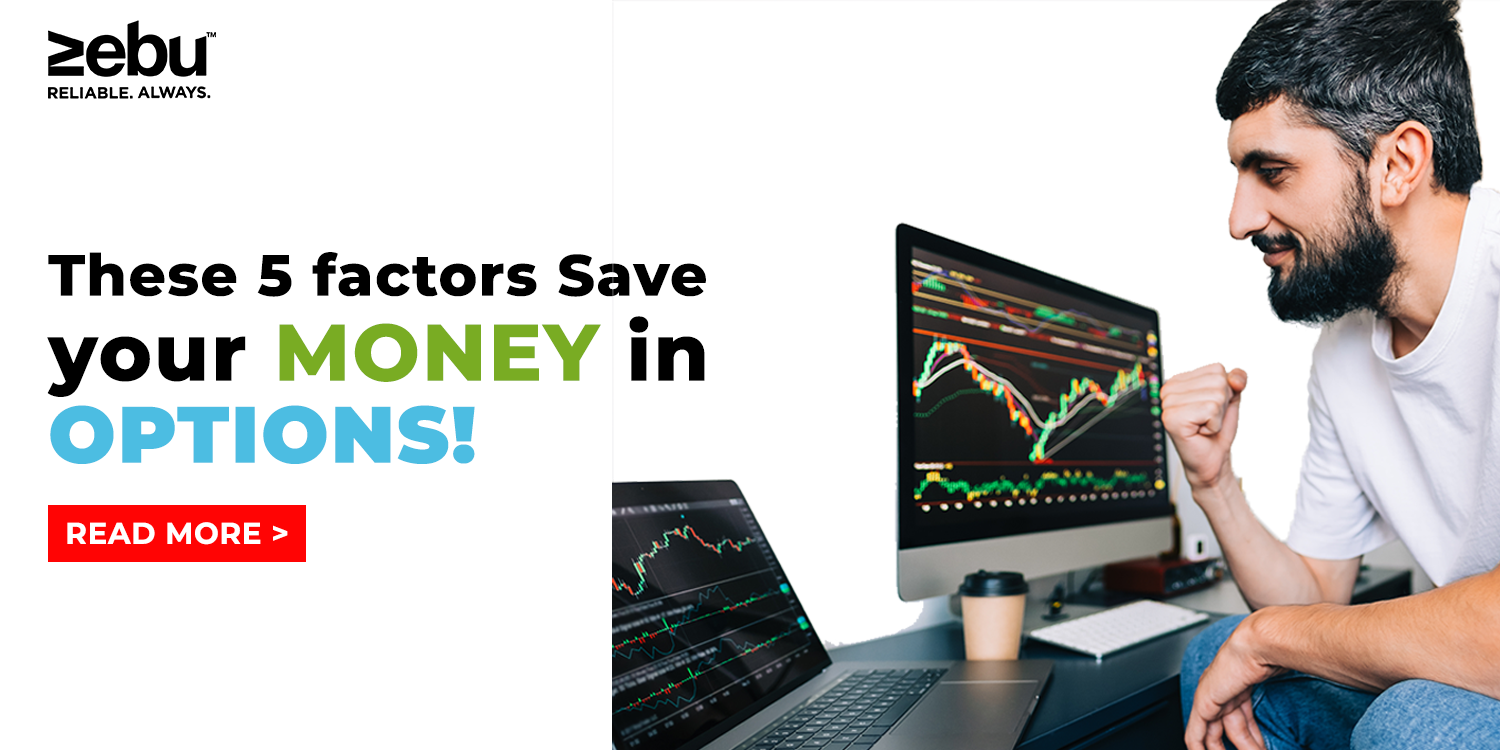
Why Do the Most Option Owners Fail to Make Money? Also, safety precautions you can take Making money on the financial market can be done well by engaging in options trading. It is, however, one of the riskiest types of dealing, particularly for newcomers. Options trading has become more common in India recently, but many traders there have lost a lot of money because they lack information and experience. In this blog article, we’ll look at the main reasons why most option traders—especially option buyers—lose money on the Indian stock market.
Absence of expertise and knowledge
The dearth of information and expertise is the primary factor behind why the majority of people lose money when trading options. Options trading is a smart and complicated financial tool, and success in it necessitates a certain degree of knowledge. Many dealers in India begin trading options without having a thorough grasp of the risks involved, the workings of options, or the various tactics available. This dearth of expertise and understanding frequently results in expensive errors and losses.
Selling for a profit
The majority of option traders also lose money because they are dealing speculatively. Speculative trading refers to the practise of buying options without a thorough knowledge of the underlying commodity or market in the hopes of making a fast profit. Many traders in India participate in speculative trading, frequently purchasing options with high fees in the hopes of receiving a sizable payout. However, this strategy is dangerous and frequently leads to sizable loses.
Using technical analysis too much
In India, many dealers use technical analysis to evaluate the stock market before making trading choices. Overrelying on technical analysis, however, can be an error when buying options. When buying options, it’s important to consider other variables in addition to the stock price, such as implied volatility and time decay. Overreliance on basic analysis may result in a limited viewpoint and a poor trading approach.
Insufficient risk management
Options dealing is naturally risky, and those who engage in it without a solid risk management plan run the risk of losing money more frequently. Many traders in India don’t establish stop-losses or position boundaries because they don’t comprehend risk management well. Large losses caused by this poor risk management have the potential to empty entire trading accounts.
Lack of mental endurance
Options dealing takes perseverance, self control, and a long-term outlook. In India, many dealers lack discipline and act too quickly when entering and exiting trades. This impatience frequently causes buying decisions to be founded on feelings rather than reason, which results to losses.
In summation, if done properly, options trading can be a lucrative type of trading. However, on the Indian stock market, most traders lose money, particularly option purchasers, because they lack knowledge and experience, engage in speculative trading, rely too heavily on technical analysis, fail to control risk, and lack discipline. To be effective in options trading, it is crucial to educate oneself, have a solid trading plan, and handle risk appropriately.
FAQs
- What is the most successful strategy in options trading?
The most successful options trading strategies often focus on hedging and managing risk, like covered calls or spreads, rather than trying to chase big wins.
- How can I reduce losses while trading options?
Option trading for beginners should start small, set stop-losses, and avoid overleveraging to minimize potential losses.
- What common mistakes should I avoid in options trading?
Options trading tips include avoiding emotional decisions, not understanding contracts fully, and ignoring risk management.
- Is options trading safer with proper risk management?
Yes, making money with options is much more realistic when you manage your position sizes and have a clear plan.
- Which type of options (call or put) is better for beginners?
Beginners often start with call options, as they’re simpler to understand, but both calls and puts can be used once you learn the basics.
